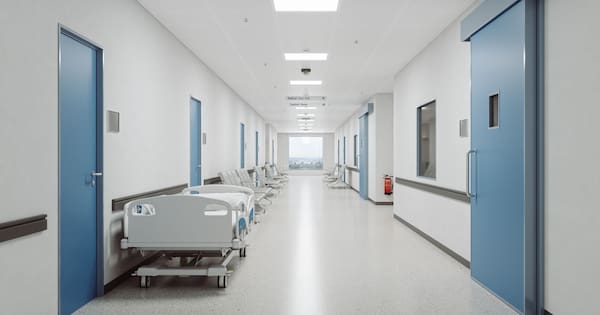The latest quarterly business survey by Business Canterbury, formerly the Canterbury Employers Chamber of Commerce, shows 64% of businesses remain confident the economy will strengthen.
That is despite the national economy last week weakening more than forecast by 0.9% in the June quarter and ASB’s latest investor confidence survey showing a miserly 1% of investors expect conditions to improve in the coming year.
Despite these economic pressures, 55% of Canterbury businesses plan to hire employees, and nearly two-thirds intend to invest in property, plant or equipment over the next year.
Nearly 80% of businesses surveyed were confident they could manage disruption.
At the top of their minds are consumer confidence, demand, productivity, growth, inflation, interest rates, compliance costs and cash flow.
Chief executive Leeann Watson said the survey was carried out before the national economy announcement, but that would likely have made little difference to the result.
“Canterbury has been bucking the trend and while it is important to acknowledge it is still pretty tough out there for some businesses and some individuals, the data certainly from Canterbury paints a much rosier picture and indicates we are heading in the right direction. The South Island is definitely outperforming the North Island.”
She said confidence metrics were just below long-term averages and a good indication businesses would begin investing to prepare themselves for growth over the coming year.
Businesses supporting agriculture were getting plenty of work on the back of positive dairy and red meat prices and export trade was experiencing year-on-year growth.
Manufacturers pivoting into new markets and investing in robotics and technology were performing well despite overseas tariff increases, while others were struggling after coming off long-term fixed contracts. Construction was a “mixed bag”.
However, university enrolments were up and the arrival of about 30,000 people into Christchurch and wider Canterbury since 2018 was good for business and the economic performance of the region.
“We don’t ride the booms and busts like other main centres, and right now that stability is our not-so-secret weapon.”
Businesses were being created in Canterbury at twice the national rate and regional GDP growth remained slightly positive compared with back nearly 1% across the country.
Mrs Watson said retail and hospitality were still finding it challenging because of weak consumer demand, but about 60% of homeowners were about to come off fixed mortgages in the next quarter and that would hopefully give them more spending money.
The opening of the new stadium next year would be a boost for bars, restaurants and retailers in the central city.
“I went into the central city yesterday and it was really busy, so I think we are starting to see a corner turn there. People are starting to get more confident with the economy, so it’s just a matter of time.”
She said Business Canterbury was challenging candidates in coming local elections to support innovation and continued business growth.
Nearly 30% of the businesses surveyed are large companies, while the rest are small to medium enterprises.
The survey mostly backs up ChristchurchNZ’s economic insights report for September, which signalled a “not strong” local economy appeared to be warming up.
Retail card spending is starting to show signs of life; goods exported from Canterbury ports continue to show strong growth and manufacturing and services activity is swinging back into expansion territory. The local labour market also appears to be thawing.
The report cautioned monthly data could be volatile, but the indications were cautiously optimistic for momentum in the local economy continuing to improve.













